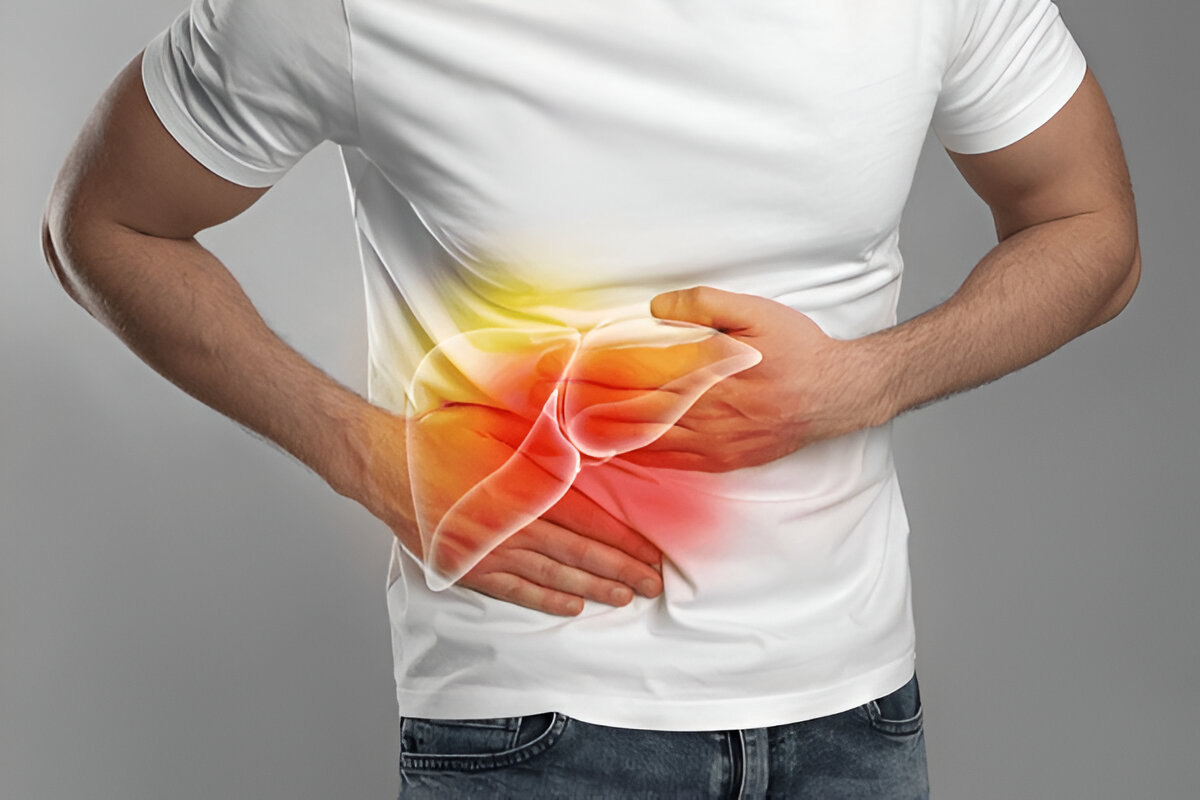Frequently Asked Questions
Alcoholic liver disease (ALD) is liver damage caused by excessive alcohol intake. It ranges from fatty liver (steatosis) to alcoholic hepatitis and cirrhosis.
The stages include fatty liver (reversible), alcoholic hepatitis (inflammation), and alcoholic cirrhosis (permanent liver scarring).
Symptoms may include fatigue, jaundice, loss of appetite, nausea, swelling in the abdomen or legs, and confusion in later stages.
Diagnosis is based on medical history, physical exam, blood tests (liver function tests), imaging (ultrasound, CT, MRI), and sometimes liver biopsy.
Early stages like fatty liver are reversible with alcohol abstinence. Advanced stages like cirrhosis are not reversible but can be managed.
The key treatment is complete cessation of alcohol. Nutritional support, medications, and treatment of complications may also be needed.
Yes, it can be managed with alcohol abstinence, corticosteroids, nutritional therapy, and in severe cases, hospitalization.
Yes, selected patients with severe liver damage and proven long-term abstinence may qualify for liver transplantation.
Recovery depends on the stage. Fatty liver can improve within weeks after quitting alcohol, while cirrhosis requires lifelong management.
Stop alcohol completely, eat a balanced diet, maintain a healthy weight, and avoid medications that stress the liver.
Malnutrition is common in ALD. High-protein, calorie-dense meals and vitamin supplementation (especially B vitamins) are essential.
Yes, if alcohol consumption resumes, liver damage can progress rapidly. Lifelong abstinence is critical.
In some cases, corticosteroids, pentoxifylline, or anti-inflammatory drugs may be prescribed. Supportive care is also essential.
Regular monitoring through liver function tests and imaging is needed, typically every 3–6 months depending on severity.
Support includes counseling, rehabilitation programs, medications like naltrexone, and groups such as Alcoholics Anonymous (AA).

